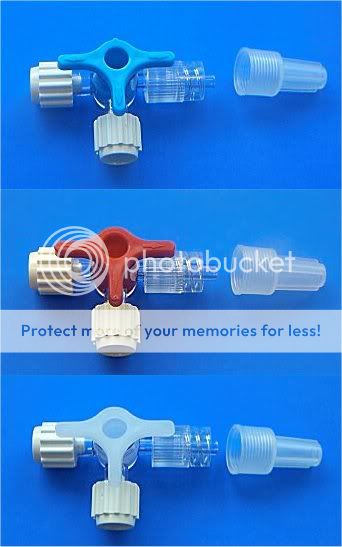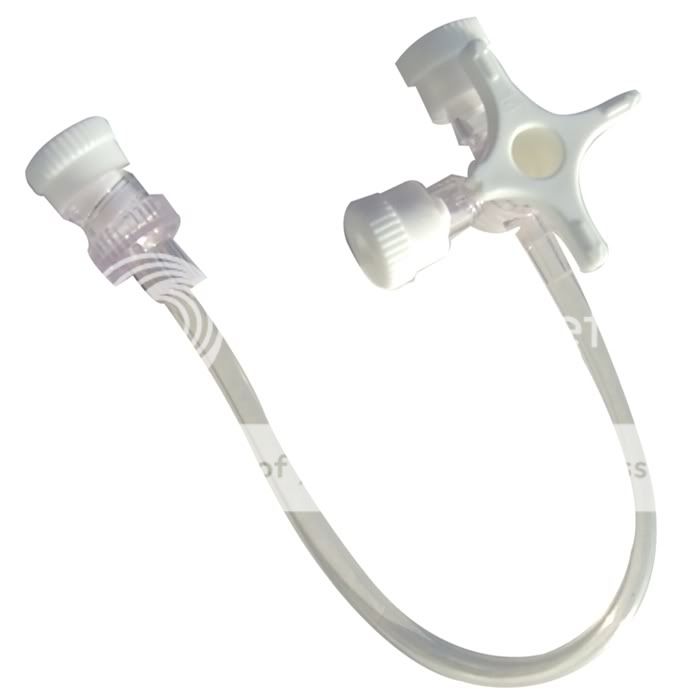KellyBracket
Forum Captain
- 285
- 4
- 18
There's actually some interesting research into IV placement rates by EMS, and how it affects the patient. Of course, there doesn't appear to be a good evidence-based answer to "When should I start an IV?" but there are some important results to consider.
For instance, one recent study found that patients transported by ALS who got an IV were less likely to die (after controlling for age, illness severity, etc...) than those who didn't get an IV. Another study found that IVs placed by EMS are used less often than IVs placed by RNs in the ED. On the other hand, maybe we need to put more IVs into kids.
For more explanation, check out The IV placed by EMS: Too much, yet not enough.
For instance, one recent study found that patients transported by ALS who got an IV were less likely to die (after controlling for age, illness severity, etc...) than those who didn't get an IV. Another study found that IVs placed by EMS are used less often than IVs placed by RNs in the ED. On the other hand, maybe we need to put more IVs into kids.
For more explanation, check out The IV placed by EMS: Too much, yet not enough.





